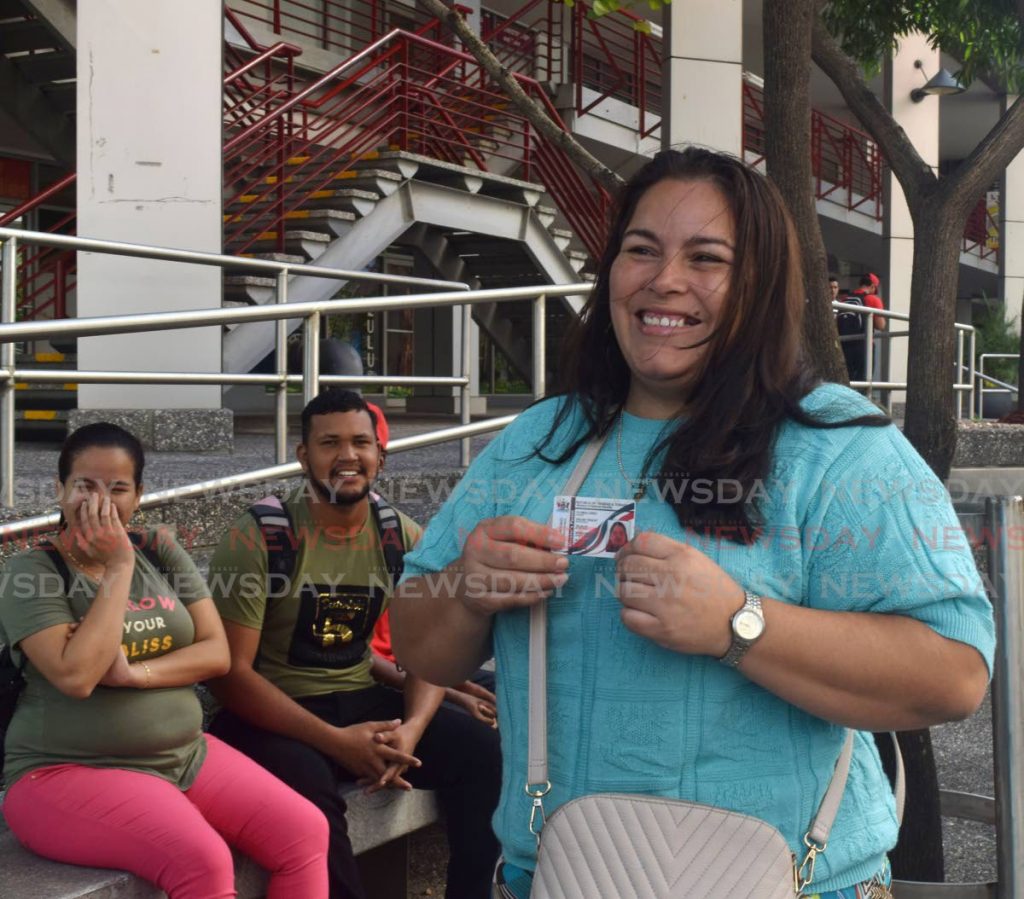Migrants reshaping Trinidad and Tobago economy

The upcoming budget is an opportunity for the Government to provide clarity on a range of crucial issues affecting workers in the country.
The need for unemployment relief measures; the issue of covid19 vaccine mandates; and the fate of Venezuelans who have become a part of the local human-resource pool are all matters that cry out for attention.
With regard to the latter, we call for a clear position in the budget on ways the State will address both the humanitarian and economic issues raised by the continuing influx of migrants to these shores.
A coherent framework, which respects international customs as well as laws, could be the cornerstone of efforts to bolster labour productivity through the use of Venezuelan labour.
Several business chambers and economic experts have long argued migrant labour, if properly regulated, can – and indeed already does – provide a substantial boost to productivity. As we seek to rebuild the economy this can only benefit us.
Additionally, Venezuelans can bring certain skills and boost state revenues and can be deployed in key sectors such as in the agriculture and entertainment industries.
But clarity on the fate of migrant labour locally, as contained within a migrant policy that is coherent, and not arbitrary as it is at the moment, might also play a role in attracting investments from Venezuela itself in light of the social and economic conditions there.
Today, Venezuela has gone from being a country of major exports, factories and modern construction to a nation where many people survive by selling clothes, chocolates, juices, cigarettes or coffee on the streets. According to onlookers like Aaron Olmos, a businessman and university lecturer in Venezuela, these types of informal markets, while useful for their principals, pose a challenge to established businesses seeking to trade. Capital flight is a problem there.
A better commercial environment in TT could be well poised to attract investment from our nearest neighbour.
The business run by father and daughter duo Luis Jose Botero, 81, and Diane Botero is an interesting example. The Boteros came to Trinidad in 2003, lured by Carnival, and now run a business called My Perfect Shape which supplies girdles, among other things. The company has several branches and has recorded as selling about 300 girdles per month.
“If I could return to Venezuela, I would do so, because emotionally it still affects us, but economically, socially and even legally, the situation in Venezuela is very difficult,” Mr Botero told Business Day earlier this month. “We sold everything there, and thanks to TT, which opened its doors to us, we have been able to stay here.”
Despite such success stories, Venezuelan migrants continue to experience anxiety over their fate. On Tuesday it was reported that some expired registration cards have created considerable problems such as layoffs, non-renewal of contracts and even evictions.
The Government should clear the air.

Comments
"Migrants reshaping Trinidad and Tobago economy"